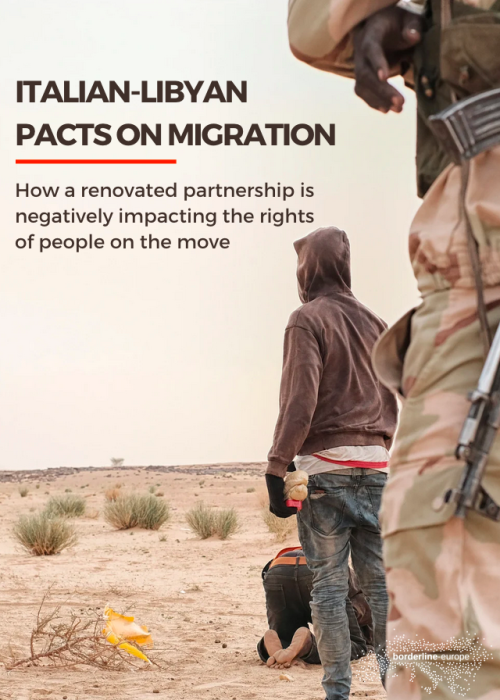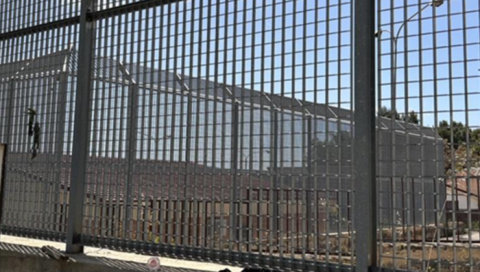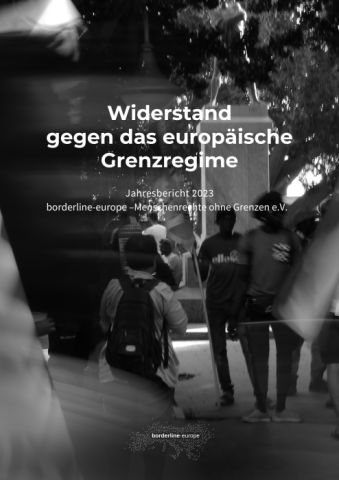
Italian-Libyan Pacts on Migration - How a renovated partnership is negatively impacting the rights of people on the move
As a destination country along one of the world’s deadliest migration routes, the Central Mediterranean Sea, Italy has a long history of dealing with people on the move. In fact, by departing from North African countries such as Tunisia and Libya, people who flee their country of origin for social, political or economic reasons try to reach the safe territories of the European Union. Even though this phenomenon is well established by now, Italy’s migration policy has been inconsistent and harmful towards people on the move. In particular, the ongoing deals between Italy and Libya are enabling violent push- and pullbacks of people intercepted at sea and are breaching many international obligations concerning human rights. Despite the different tools which have been used to formalise the cooperation between the two countries, this partnership represents a common thread in the succession of Italy’s many governments throughout time. Article available in English and Italian.
- Italian-Libyan Pacts on Migration - How a renovated partnership is negatively impacting the rights of people on the move
- Patti Migratori Itali-Libici - L'impatto negativo di una collaboazione rinnovata sulle persone migranti
Language(s): Englisch / English Publisher: Alice Cazzoli, borderline-europe



